The Girl with the Golden Eyes 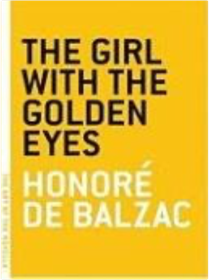 The Human Comedy: Selected Stories 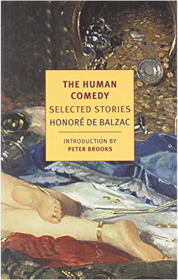 Characters from every corner of society and all walks of life—lords and ladies, businessmen and military men, poor clerks, unforgiving moneylenders, aspiring politicians, artists, actresses, swindlers, misers, parasites, sexual adventurers, crackpots, and more—move through the pages of The Human Comedy, Balzac’s multivolume magnum opus, an interlinked chronicle of modernity in all its splendor and squalor. The Human Comedy includes the great roomy novels that have exercised such a sway over Balzac’s many literary inheritors, from Dostoyevsky and Henry James to Marcel Proust; it also contains an array of short fictions in which Balzac is at his most concentrated and forceful. Nine of these, all newly translated, appear in this volume, and together they provide an unequaled overview of a great writer’s obsessions and art. Here are “The Duchesse de Langeais,” “A Passion in the Desert,” and “Sarrasine”; tales of madness, illicit passion, ill-gotten gains, and crime. What unifies them, Peter Brooks points out in his introduction, is an incomparable storyteller’s fascination with the power of storytelling, while throughout we also detect what Proust so admired: the “mysterious circulation of blood and desire.” The Human Comedy: Selected Stories 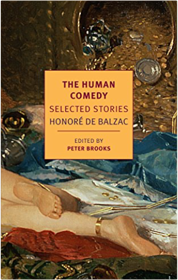 Characters from every corner of society and all walks of life—lords and ladies, businessmen and military men, poor clerks, unforgiving moneylenders, aspiring politicians, artists, actresses, swindlers, misers, parasites, sexual adventurers, crackpots, and more—move through the pages of The Human Comedy, Balzac’s multivolume magnum opus, an interlinked chronicle of modernity in all its splendor and squalor. The Human Comedy includes the great roomy novels that have exercised such a sway over Balzac’s many literary inheritors, from Dostoyevsky and Henry James to Marcel Proust; it also contains an array of short fictions in which Balzac is at his most concentrated and forceful. Nine of these, all newly translated, appear in this volume, and together they provide an unequaled overview of a great writer’s obsessions and art. Here are “The Duchesse de Langeais,” “A Passion in the Desert,” and “Sarrasine”; tales of madness, illicit passion, ill-gotten gains, and crime. What unifies them, Peter Brooks points out in his introduction, is an incomparable storyteller’s fascination with the power of storytelling, while throughout we also detect what Proust so admired: the “mysterious circulation of blood and desire.” Old Goriot (Everyman's Library (Cloth)) 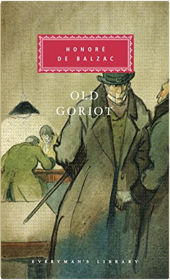 Rastignac is appalled at first by the greed and corruption he finds in Paris, but he soon sets his sights on conquering high society. He joins forces with the array of schemers who surround him, while the suffering, self-sacrificing Goriot yearns in vain for his daughters’ love. The sprawling, vibrant, and turbulent Paris of the post-Napoleonic era is itself a major character in the novel, an emblem of the social upheaval that Balzac portrays so brilliantly. Old Goriot was the first of Balzac’s novels to employ his famous technique of recurring characters, and it has come to be seen as the keystone in his grand project, The Human Comedy. Translated by Ellen Marriage (Book Jacket Status: Not Jacketed) Eugenie Grandet 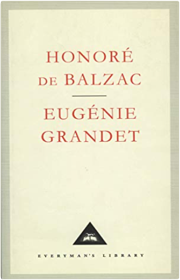 The Lily in the Valley 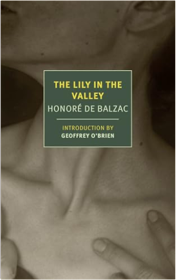 The Unknown Masterpiece 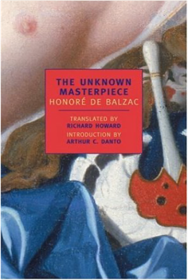 |


Delicious Library
Collection Total:
3,640 Items
3,640 Items
Last Updated:
Nov 2, 2025
Nov 2, 2025
 Made with Delicious Library
Made with Delicious Library